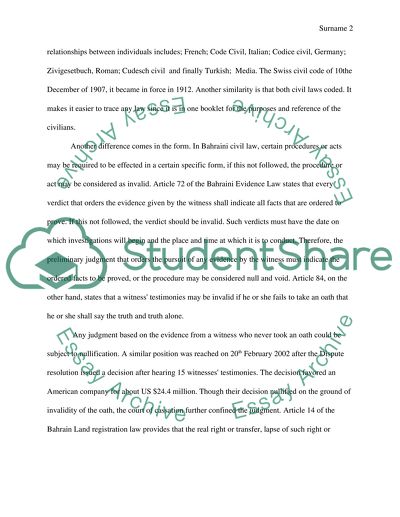Cite this document
(“Comparison between Bahraini and Swiss Civil Law Essay”, n.d.)
Retrieved from https://studentshare.org/law/1679184-comparison-between-bahraini-and-swiss-civil-law
Retrieved from https://studentshare.org/law/1679184-comparison-between-bahraini-and-swiss-civil-law
(Comparison Between Bahraini and Swiss Civil Law Essay)
https://studentshare.org/law/1679184-comparison-between-bahraini-and-swiss-civil-law.
https://studentshare.org/law/1679184-comparison-between-bahraini-and-swiss-civil-law.
“Comparison Between Bahraini and Swiss Civil Law Essay”, n.d. https://studentshare.org/law/1679184-comparison-between-bahraini-and-swiss-civil-law.


